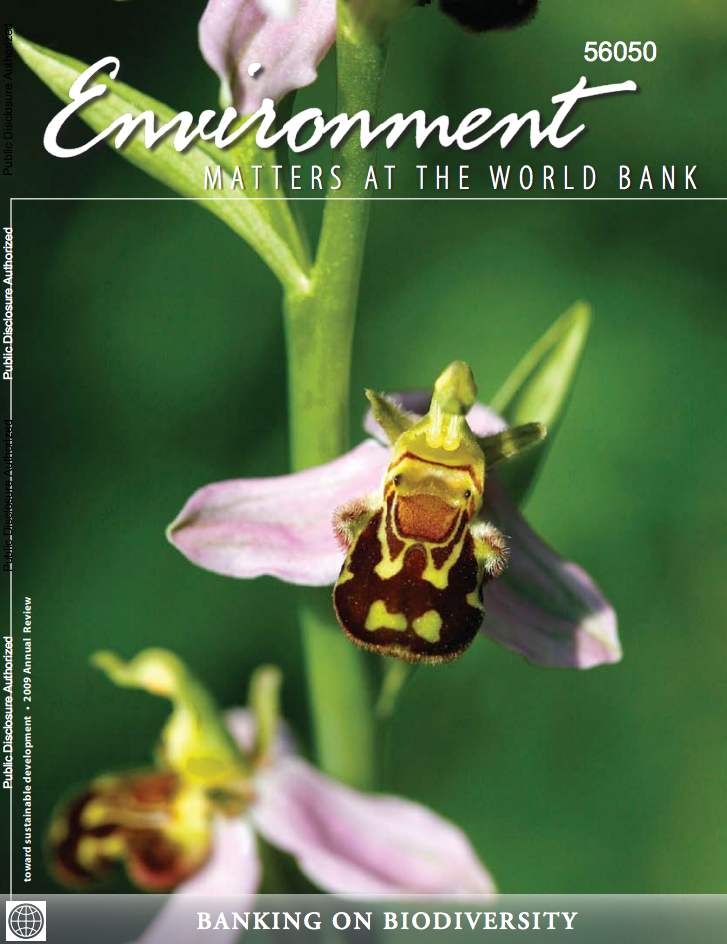Social and Institutional Barriers to Climate Change Mitigation in Agriculture
Agriculture is one of the major sources
of greenhouse gas (GHG) emissions accounting for
approximately 14 percent of total GHG emissions. However,
unlike other sectors such as transport or energy,
agriculture is potentially a significant carbon
'sink'. Moreover, because the majority of GHG
emissions from agriculture originate in developing
countries, early intervention could be highly
cost-effective. This note examines the potential role of


